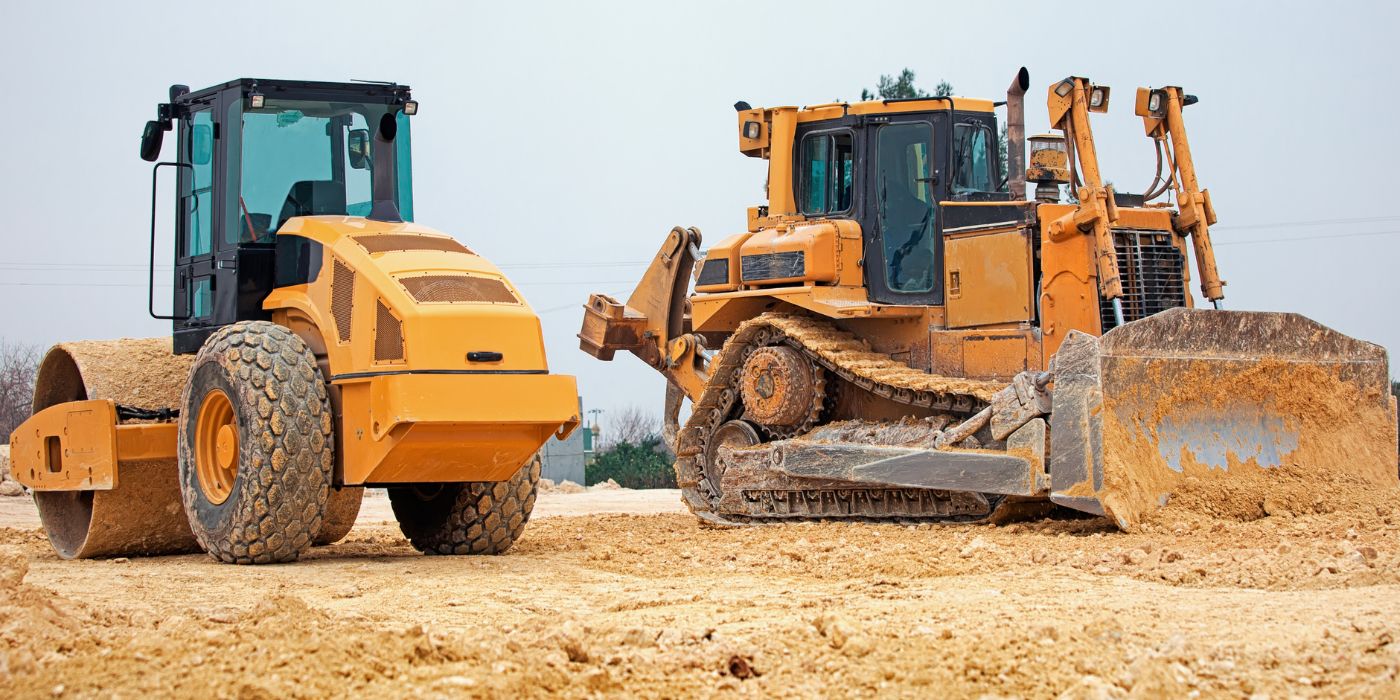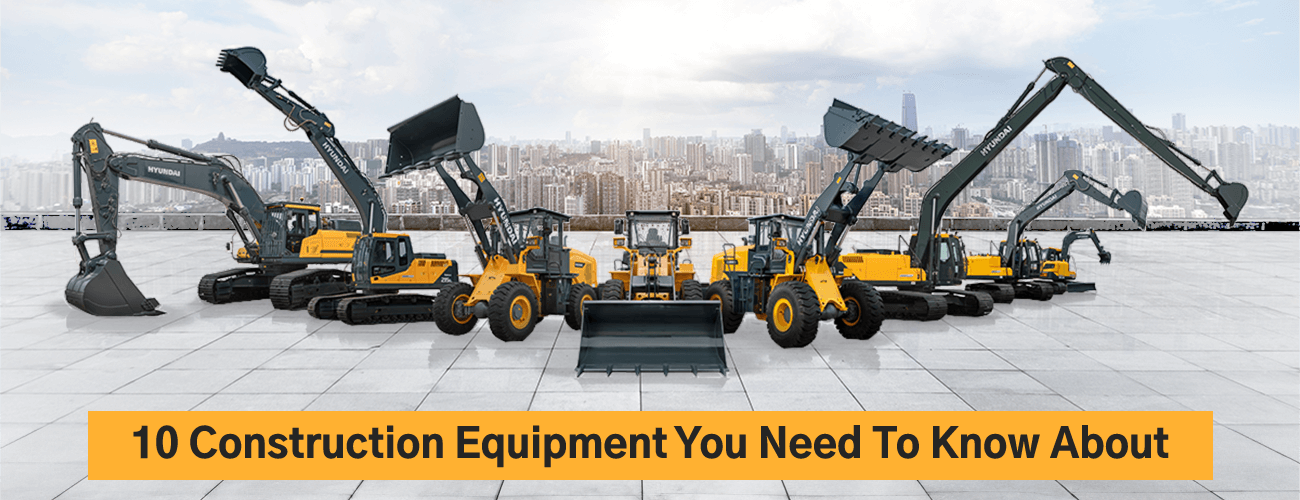Dozer Rental in Tuscaloosa AL: Dependable and Inexpensive Heavy Machinery
Checking Out the Financial Perks of Renting Construction Equipment Contrasted to Possessing It Long-Term
The decision between renting out and possessing construction tools is critical for financial management in the sector. Leasing offers immediate expense financial savings and operational adaptability, enabling companies to allot resources extra successfully. On the other hand, possession includes considerable long-lasting financial dedications, including maintenance and depreciation. As professionals weigh these choices, the effect on capital, project timelines, and innovation access becomes increasingly substantial. Recognizing these subtleties is crucial, specifically when considering just how they align with certain project requirements and economic strategies. What variables should be prioritized to make certain optimal decision-making in this complicated landscape?

Cost Contrast: Leasing Vs. Owning
When evaluating the financial effects of owning versus renting out building devices, a comprehensive cost contrast is crucial for making informed choices. The choice between owning and renting out can dramatically affect a company's lower line, and understanding the associated expenses is vital.
Renting out building equipment typically includes reduced upfront prices, enabling organizations to designate funding to other functional requirements. Rental expenses can gather over time, possibly surpassing the expenditure of ownership if devices is needed for an extended duration.
Conversely, having building and construction equipment calls for a significant initial financial investment, in addition to continuous expenses such as financing, devaluation, and insurance. While possession can result in lasting financial savings, it likewise locks up capital and might not supply the very same level of adaptability as renting. In addition, possessing equipment requires a commitment to its utilization, which may not always align with task demands.
Inevitably, the choice to have or lease must be based upon an extensive evaluation of certain task needs, financial capacity, and long-lasting critical goals.

Upkeep Responsibilities and costs
The selection between possessing and leasing building and construction equipment not only includes economic factors to consider however likewise encompasses ongoing maintenance costs and responsibilities. Having devices requires a considerable commitment to its maintenance, that includes routine inspections, repair services, and prospective upgrades. These responsibilities can promptly accumulate, resulting in unforeseen costs that can strain a spending plan.
On the other hand, when leasing tools, maintenance is generally the duty of the rental business. This plan permits professionals to avoid the financial worry connected with damage, in addition to the logistical difficulties of organizing repairs. Rental agreements frequently include stipulations for maintenance, suggesting that professionals can focus on completing projects rather than worrying about equipment problem.
Additionally, the varied series of tools available for rent enables companies to choose the most up to date models with sophisticated innovation, which can improve performance and productivity - scissor lift rental in Tuscaloosa Al. By selecting rentals, companies can avoid the long-term obligation of equipment devaluation and the associated maintenance headaches. Eventually, evaluating upkeep expenses and responsibilities is vital for making an educated decision about whether to rent or have building and construction equipment, substantially affecting overall project prices and functional effectiveness

Depreciation Influence on Possession

A significant variable to take into consideration in the decision to own building and construction tools is the effect of devaluation on general ownership expenses. Devaluation represents the decrease in worth of the devices in time, affected by aspects such as use, deterioration, and advancements in innovation. As devices ages, its market price diminishes, which can substantially impact the owner's economic position when it comes time to trade the devices or sell.
For construction companies, this devaluation can translate to significant losses if the tools is not made use of to its greatest potential or if it becomes out-of-date. Proprietors should account for depreciation in their economic estimates, which can cause greater total expenses contrasted to renting. Furthermore, the tax ramifications of depreciation can be complicated; while it may provide some tax obligation advantages, these are usually balanced out by the truth of lowered resale value.
Inevitably, the worry of devaluation emphasizes the significance of recognizing the long-lasting economic dedication included in owning building devices. Firms need to very carefully examine exactly how typically they will use the tools and the potential economic influence of depreciation to make an enlightened decision regarding possession versus renting out.
Economic Flexibility of Renting Out
Renting building equipment provides significant monetary flexibility, allowing companies to allocate sources more effectively. This flexibility is specifically important in an industry characterized by changing job needs and differing workloads. By choosing to lease, services can stay clear of the substantial capital investment required for purchasing equipment, preserving capital for other operational needs.
Furthermore, renting equipment makes it possible for business to tailor their devices choices to specific project demands without the long-term dedication associated with ownership. This suggests that companies can easily scale their tools supply up or down based on awaited and existing task needs. As a result, this versatility reduces the risk of find out this here over-investment in machinery that might end up being underutilized or outdated gradually.
One more financial benefit of electric excavator renting is the potential for tax obligation advantages. Rental payments are often thought about general expenses, allowing for instant tax deductions, unlike devaluation on owned and operated devices, which is topped several years. scissor lift rental in Tuscaloosa Al. This instant expense acknowledgment can better boost a business's cash money setting
Long-Term Task Factors To Consider
When reviewing the long-lasting needs of a building and construction organization, the decision between renting and possessing tools ends up being more complicated. For tasks with prolonged timelines, purchasing devices might seem useful due to the potential for reduced overall expenses.
In addition, technological advancements pose a considerable factor to consider. The building sector is progressing swiftly, with new tools offering improved effectiveness and safety and security functions. Renting out enables firms to access the latest innovation without devoting to the high ahead of time costs connected with investing in. This flexibility is especially valuable for businesses that deal with diverse tasks requiring various sorts of tools.
In addition, financial stability plays a critical duty. Possessing devices commonly involves significant capital expense and devaluation worries, while renting permits for even more predictable budgeting and cash circulation. Eventually, the choice in between leasing and owning needs to be lined up with the tactical objectives of the building and construction service, taking into consideration both anticipated and current job needs.
Final Thought
In verdict, lifter machine for construction renting construction devices uses significant financial advantages over long-term ownership. Eventually, the choice to rent instead than very own aligns with the vibrant nature of construction projects, enabling for versatility and accessibility to the most current tools without the economic concerns linked with ownership.
As devices ages, its market value reduces, which can dramatically influence the proprietor's economic placement when it comes time to market or trade the tools.
Renting out building and construction devices uses considerable monetary versatility, allowing companies to allocate sources extra efficiently.Additionally, renting out devices allows business to tailor their equipment selections to details job demands without the long-term commitment associated with possession.In verdict, leasing building devices uses substantial monetary benefits over lasting ownership. Inevitably, the choice to lease rather than very own aligns with the dynamic nature of construction tasks, enabling for adaptability and accessibility to the most current equipment without the financial burdens linked with possession.